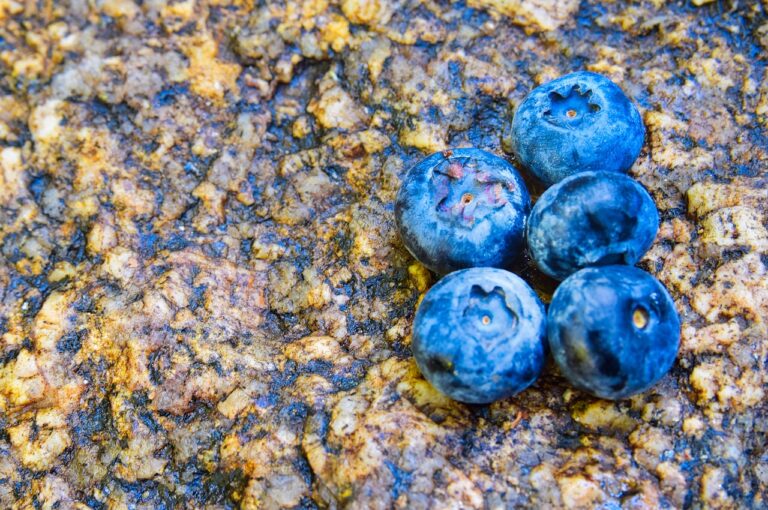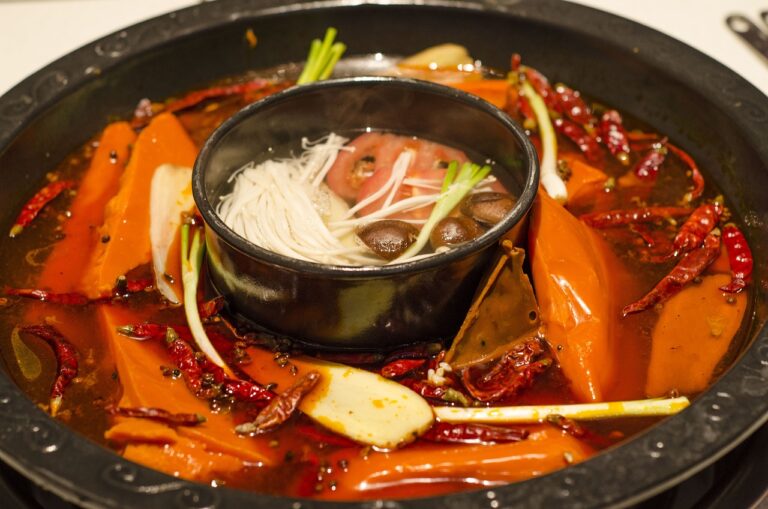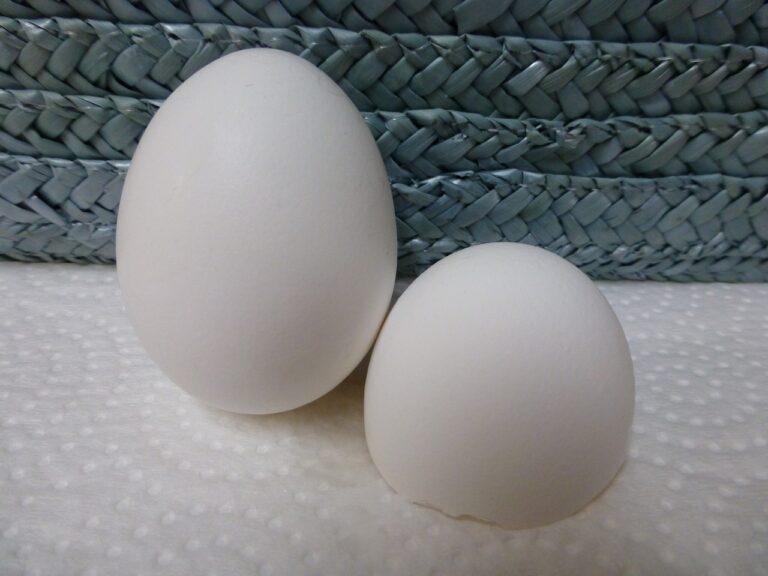The Science of Food Irradiation: Enhancing Safety and Shelf Life
Food irradiation is a technology that uses ionizing radiation to kill microorganisms in food, making it safer for consumption. It is a process where food products are exposed to a controlled amount of radiation, which helps to eliminate harmful bacteria, parasites, and insects present in the food. This method does not make the food radioactive, nor does it significantly alter its taste, texture, or nutritional value.
The most common sources of radiation used in food irradiation are gamma rays, electron beams, and X-rays. These sources effectively reduce the risk of foodborne illnesses and help prolong the shelf life of various food items. Food irradiation is approved by various regulatory bodies worldwide, including the Food and Drug Administration (FDA) in the United States, and is considered a safe and effective way to ensure food safety.
• Food irradiation uses ionizing radiation to kill microorganisms in food
• Process exposes food products to controlled amount of radiation
• Eliminates harmful bacteria, parasites, and insects in food
• Does not make food radioactive or significantly alter taste, texture, or nutritional value
• Common sources of radiation: gamma rays, electron beams, X-rays
• Reduces risk of foodborne illnesses and prolongs shelf life
• Approved by regulatory bodies worldwide including FDA
Understanding the Process of Food Irradiation
Food irradiation is a process that involves exposing food to ionizing radiation in order to kill harmful bacteria and pathogens. This radiation can come from sources such as gamma rays, electron beams, or X-rays. The purpose of food irradiation is to increase food safety and shelf life by reducing the risk of foodborne illnesses caused by bacteria like E. coli and Salmonella.
During food irradiation, the radiation penetrates the food product and disrupts the DNA of bacteria and other microorganisms present. This process effectively sterilizes the food without causing it to become radioactive. By eliminating harmful pathogens, food irradiation helps to prevent spoilage and extend the freshness of various food products, including fruits, vegetables, meats, and spices.
Benefits of Food Irradiation
Food irradiation is a widely accepted method that offers several benefits in food safety. One of the key advantages of food irradiation is its ability to reduce harmful bacteria like E. coli and Salmonella, thus helping to enhance food safety and minimize the risk of foodborne illnesses. By destroying harmful pathogens, food irradiation also extends the shelf life of various food products, preventing spoilage and reducing food waste.
In addition to enhancing food safety, food irradiation can also help to control pests and insects in food products. This process can effectively eliminate insects and their larvae in grains, nuts, and dried fruits without the need for chemical pesticides. By reducing the reliance on chemical treatments, food irradiation offers a more sustainable and environmentally friendly approach to preserving food products, ensuring higher quality and safety standards for consumers.
What is food irradiation?
Food irradiation is the process of exposing food to a controlled amount of ionizing radiation to kill bacteria, parasites, and other pathogens.
How does food irradiation work?
Food irradiation works by damaging the DNA of microorganisms in the food, which prevents them from reproducing and causing foodborne illness.
Is food irradiation safe?
Yes, food irradiation is safe and has been approved by organizations such as the FDA and WHO as a method to reduce foodborne illnesses.
What are the benefits of food irradiation?
Some benefits of food irradiation include extended shelf life, reduced risk of foodborne illness, and preservation of nutritional quality.
Does food irradiation change the taste or texture of food?
Food irradiation may cause minimal changes in taste or texture, but these changes are typically not noticeable to consumers.
Are there any regulations in place for food irradiation?
Yes, there are strict regulations in place to ensure the safety and effectiveness of food irradiation, including proper dosages and labeling requirements.
Can all types of foods be irradiated?
While most types of foods can be irradiated, there are some limitations on certain fruits and vegetables due to their sensitivity to radiation.







